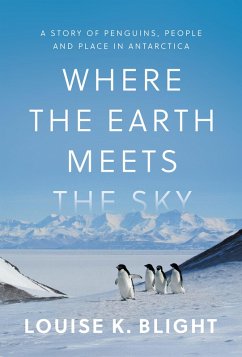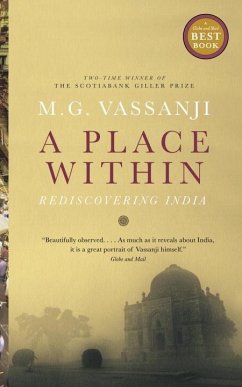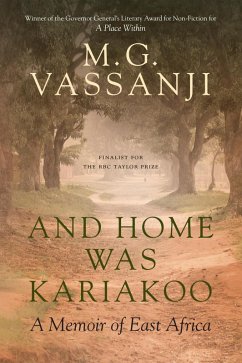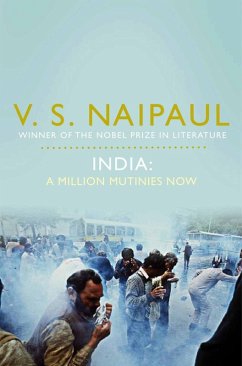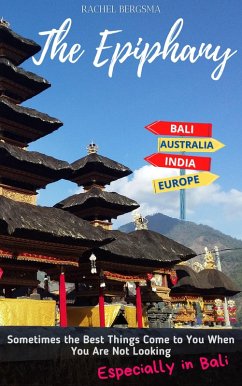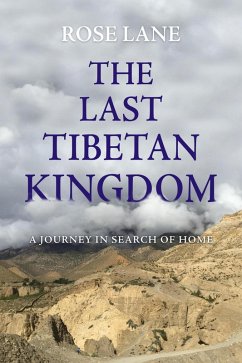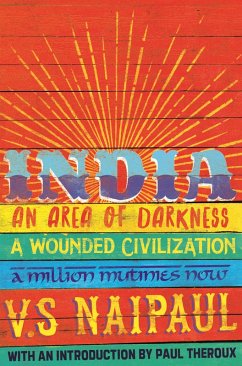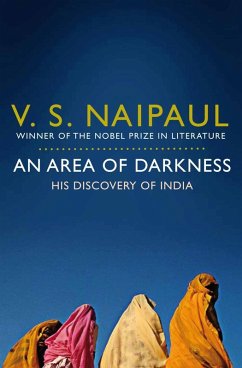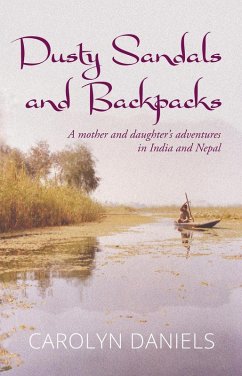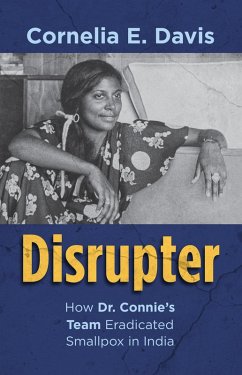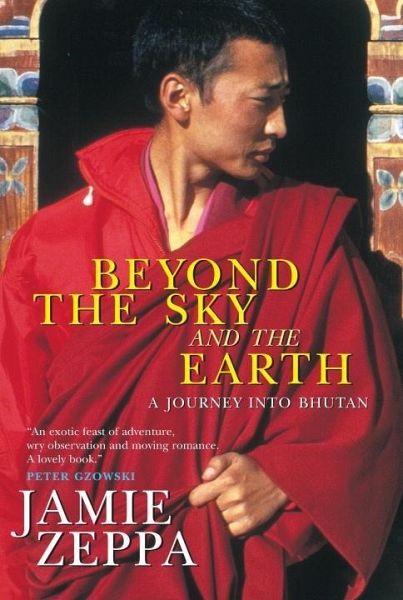
Beyond the Sky and the Earth (eBook, ePUB)
A Journey Into Bhutan

PAYBACK Punkte
8 °P sammeln!
In the tradition of Iron and Silk and Touch the Dragon, Jamie Zeppa's memoir of her years in Bhutan is the story of a young woman's self-discovery in a foreign land. It is also the exciting début of a new voice in travel writing. When she left for the Himalayan kingdom of Bhutan in 1988, Zeppa was committing herself to two years of teaching and a daunting new experience. A week on a Caribbean beach had been her only previous trip outside Canada; Bhutan was on the other side of the world, one of the most isolated countries in the world known as the last Shangri-La, where little had changed in ...
In the tradition of Iron and Silk and Touch the Dragon, Jamie Zeppa's memoir of her years in Bhutan is the story of a young woman's self-discovery in a foreign land. It is also the exciting début of a new voice in travel writing. When she left for the Himalayan kingdom of Bhutan in 1988, Zeppa was committing herself to two years of teaching and a daunting new experience. A week on a Caribbean beach had been her only previous trip outside Canada; Bhutan was on the other side of the world, one of the most isolated countries in the world known as the last Shangri-La, where little had changed in centuries and visits by foreigners were restricted. Clinging to her bags full of chocolate, hair conditioner and Immodium, she began the biggest challenge of her life, with no idea she would fall in love with the country and with a Bhutanese man, end up spending nine years in Bhutan, and begin a literary career with her account of this transformative journey. At her first posting in a remote village of eastern Bhutan, she is plunged into an overwhelmingly different culture with squalid Third World conditions and an impossible language. Her house has rats and fleas and she refuses to eat the local food, fearing the rampant deadly infections her overly protective grandfather warned her about. Gradually, however, her fear vanishes. She adjusts, begins to laugh, and is captivated by the pristine mountain scenery and the kind students in her grade 2 class. She also begins to discover for herself the spiritual serenity of Buddhism. A transfer to the government college of Sherubtse, where the housing conditions are comparatively luxurious and the students closer to her own age, gives her a deeper awareness of Bhutan's challenges: the lack of personal privacy, the pressure to conform, and the political tensions. However, her connection to Bhutan intensifies when she falls in love with a student, Tshewang, and finds herself pregnant. After a brief sojourn in Canada to give birth to her son, Pema Dorji, she marries Tshewang and makes Bhutan her home for another four years. Zeppa's personal essay about her culture shock on arriving in Bhutan won the 1996 CBC/Saturday Night literary competition and appeared in the magazine. She flew home to accept the prize, where people encouraged her to pursue her writing. Her letters from Bhutan also featured on CBC's Morningside. The book that grew out of this has been published in Canada and the United States to ecstatic reviews, followed by British, German, Dutch, Italian and Spanish editions. Although cultural differences finally separated Jamie and Tshewang in 1997 while she was writing the book and she returned to Canada, she will always feel at home in Bhutan. Zeppa shares her compelling insights into this land and culture, but Beyond the Sky and the Earth is more than a travel book. With rich, spellbinding prose and bright humour, it describes a personal journey in which Zeppa acquires a deeper understanding of what it means to leave one's home behind, and undergoes a spiritual transformation.
Dieser Download kann aus rechtlichen Gründen nur mit Rechnungsadresse in A, B, BG, CZ, D, DK, EW, E, FIN, F, GR, HR, H, I, LT, L, LR, NL, PL, P, R, S, SLO, SK ausgeliefert werden.




